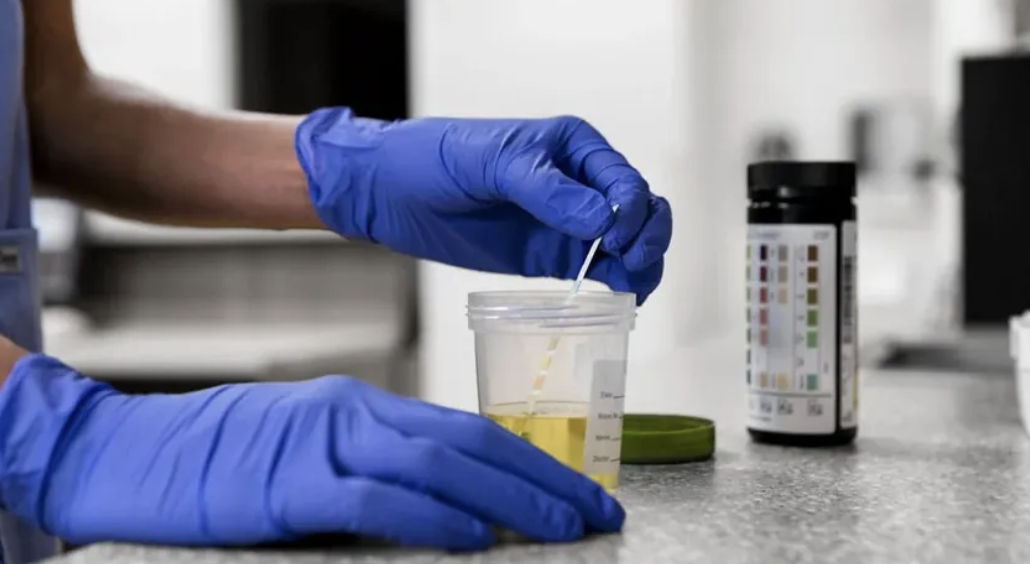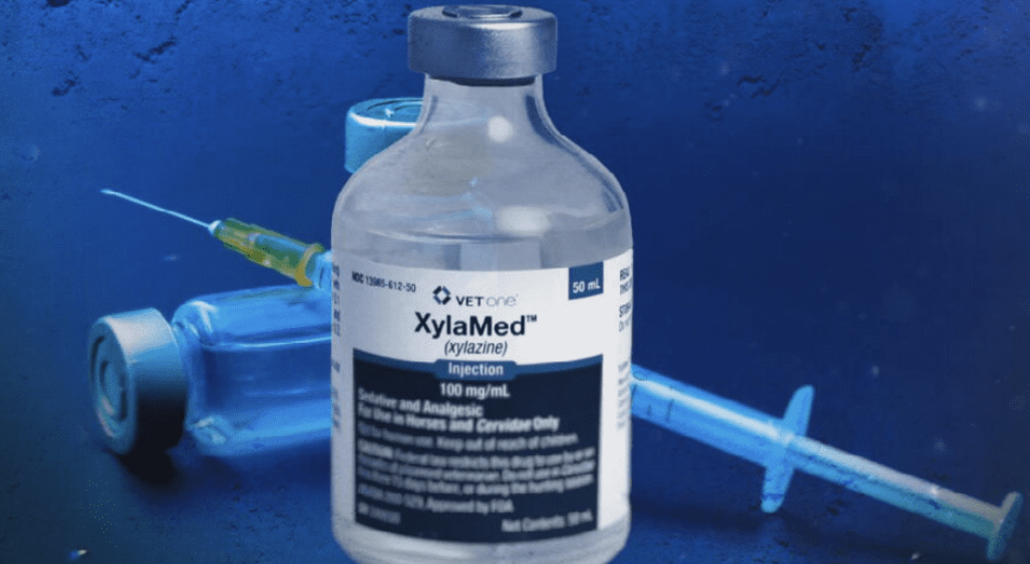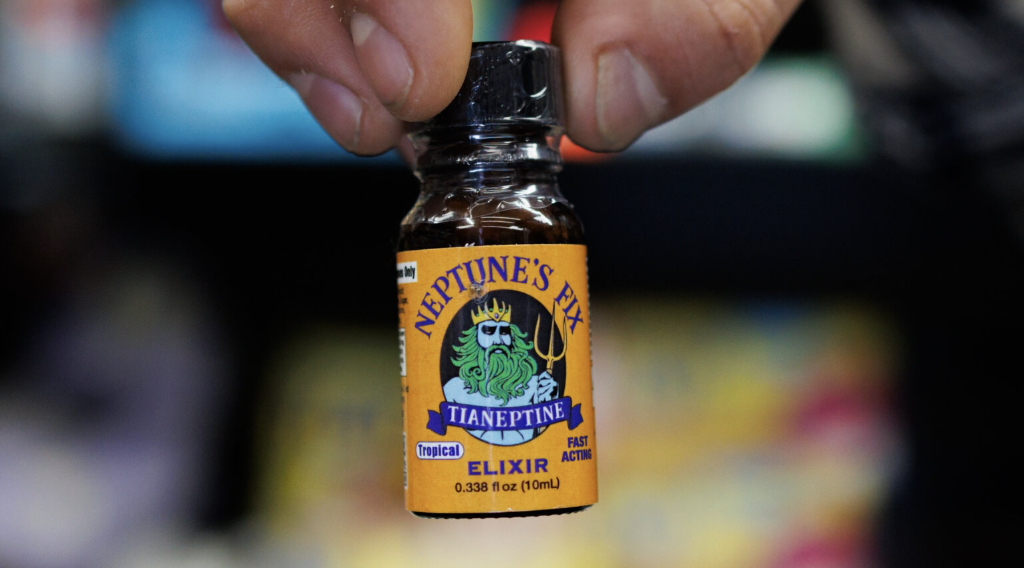Is it safe to drink alcohol while on Suboxone? The simple answer is no. Combining alcohol with Suboxone can lead to severe side effects like respiratory issues and unconsciousness. This article will explain why you should avoid alcohol entirely while taking Suboxone.
Key Takeaways
- Drinking alcohol while on Suboxone is highly dangerous and can significantly amplify side effects, including respiratory depression and unconsciousness.
- There is no safe level of alcohol consumption for individuals taking Suboxone, as it can negate the medication’s effectiveness and lead to severe health risks.
- Medical professionals strongly advise against the concurrent use of Suboxone and alcohol due to the serious health implications and heightened risk of overdose.
Can you drink alcohol while taking Suboxone?
The answer is no; drinking alcohol while on Suboxone is highly dangerous. Suboxone, a medication used to treat opioid dependence, contains buprenorphine and naloxone. Both of these substances can depress the central nervous system. When combined with alcohol, another CNS depressant, the effects can be catastrophic. Mixing these substances can significantly amplify side effects such as respiratory issues and unconsciousness.
Furthermore, alcohol can significantly reduce Suboxone’s effectiveness in treating opioid dependence. Alcohol consumption can negate the therapeutic benefits of Suboxone, making it harder for individuals to manage their opioid cravings and withdrawal symptoms. Even moderate alcohol consumption can pose significant health risks, including overdose.
There is no safe level of alcohol consumption for individuals taking Suboxone. Both substances’ depressant effects can magnify, causing lethargy, impaired judgment, and potentially fatal respiratory depression. For those with dual addiction to both alcohol and opioids, the withdrawal symptoms can be even more complex and severe. Therefore, it is strongly advised to avoid alcohol entirely while undergoing Suboxone treatment.

What happens if you mix alcohol and Suboxone?
Combining alcohol and Suboxone can result in severe, potentially life-threatening consequences. Both act as central nervous system depressants, slowing neural activity and bodily functions. Combined, their effects are synergistic, amplifying the risk of severe side effects like dizziness, impaired judgment, and respiratory issues.
The interactions between Suboxone and alcohol are particularly dangerous. The combination can lead to extreme lethargy, unconsciousness, and even death due to respiratory depression—making it one of the most dangerous Suboxone interactions documented. Comprehending how these substances interact highlights the severity of their combined use.
How the body processes Suboxone and alcohol
While Suboxone and alcohol are metabolized differently, their combined effects on the central nervous system CNS depressant can be devastating. Suboxone, a partial opioid agonist, binds to the same receptors as traditional opioids, while alcohol acts as a central nervous system depressant. Both substances slow down neural activity, leading to reduced neuron activity and potentially dangerous respiratory suppression when used together.
The liver plays a significant role in metabolizing both Suboxone and alcohol. Enzymes such as CYP3A4 metabolize these substances. Chronic use of both can lead to serious respiratory issues and, in some cases, increase the risk of Suboxone addiction, especially when misused over time. This combination also increases the risk of comatose states, severely impacting breathing and heart rate.
Overlapping side effects and enhanced risks
Mixing alcohol with Suboxone creates a dangerous synergy from their overlapping side effects. Both substances can cause drowsiness, confusion, and impaired motor skills. Mixing suboxone and alcohol magnifies shared side effects when combined, increasing the likelihood of accidents or self-harm.
Long-term combined use can lead to liver damage, cardiovascular disease, and an increased risk of certain cancers. This combination can also alter thinking processes and judgment, escalating the harmful effects of accidents or self-harm.
Overall, the enhanced risks and overlapping side effects clearly indicate that mixing alcohol and Suboxone is highly dangerous.

Why Suboxone and alcohol together are medically contraindicated
Suboxone and alcohol are medically contraindicated due to their severe and unpredictable synergy. Both act as central nervous system depressants, enhancing each other’s effects and significantly increasing the risk of overdose and severe side effects. This is particularly concerning for those dealing with suboxone and alcohol addiction.
Medical professionals and regulatory agencies strongly discourage using these other substances together.
FDA black box warnings and manufacturer guidelines
The FDA’s black box warning for Suboxone highlights the significant risks of combining it with alcohol. The warning emphasizes the amplified central nervous system depression and severe side effects like respiratory depression when using Suboxone and alcohol concurrently.
Manufacturers like Indivior explicitly advise against alcohol use while on Suboxone due to heightened severe side effects.
Expert guidance from addiction specialists
Addiction specialists strongly recommend avoiding alcohol during Suboxone treatment because:
- Even small amounts of alcohol can trigger cravings for opioids.
- Alcohol increases the risk of severe side effects.
- Alcohol can cause respiratory suppression.
Addiction professionals emphasize that combining alcohol and Suboxone can cause cognitive impairments and decision-making issues, complicating recovery.

Short-term vs. long-term consequences of mixing Suboxone with alcohol
Mixing Suboxone with alcohol results in immediate, severe consequences as well as long-term, chronic issues. Short-term effects include immediate adverse reactions like respiratory depression and unconsciousness.
Long-term combined use can lead to serious health risks like liver cirrhosis, cardiovascular disease, and treatment relapse.
Immediate effects and signs of overdose
Immediate effects include severe respiratory depression, extreme lethargy, and unconsciousness. Watch for symptoms like confusion, slow heartbeat, shallow breathing, slowed breathing, cyanosis, loss of consciousness, and CNS depression.
These symptoms require immediate medical emergency attention.
Long-term health risks and treatment outcomes
Long-term risks include liver damage, cardiovascular disease, and an increased risk of certain cancers. Chronic use can also lead to severe respiratory suppression, increasing the risk of respiratory infections and organ damage due to reduced oxygen supply.
Alcohol use can also undermine medication-assisted treatment (MAT), leading to higher relapse rates and poor outcomes related to alcohol use disorder. Understanding how alcohol affects these outcomes is crucial for effective recovery.
Suboxone and alcohol: What studies and data show
Current studies highlight the elevated risks of combining Suboxone and alcohol. Research shows that about one-third of individuals on opioid agonist treatment also misuse alcohol, highlighting the need for better-integrated care.
Concurrent use of Suboxone and alcohol significantly increases the likelihood of a fatal overdose and severe adverse events.
Key peer-reviewed studies on combined use
Peer-reviewed studies indicate that concurrent use of Suboxone and alcohol leads to elevated overdose risks and severe side effects. A systematic review showed varying effects of opioid agonist treatment on alcohol consumption, with some studies noting increases and others decreases.
Approximately one-third of individuals on opioid agonist treatment also engage in problematic alcohol consumption and may experience substance use disorders, which can sometimes be addressed with an opioid antagonist in the context of opioid recovery and opioid use disorder oud. Additionally, opioid agonists may play a role in these treatment scenarios involving addictive substances, substance use, and opioid addiction.
Real-world outcomes and emergency room data
Emergency room data shows that patients mixing Suboxone with alcohol often experience more severe health complications, leading to higher hospitalization rates. Studies show the incidence of overdose cases involving Suboxone and alcohol is alarmingly high in emergency settings.
This data underscores the critical need to avoid alcohol while on alcohol suboxone.
What to do if you’ve already consumed alcohol while on Suboxone
If you’ve consumed alcohol while on suboxone medication, monitor for symptoms like extreme drowsiness or difficulty breathing.
Hydrate well; drinking water helps your body metabolize alcohol.
When to seek emergency medical attention
Seek immediate medical help if you experience severe symptoms like difficulty breathing, extreme drowsiness, or chest pain. Stay in a safe environment and avoid driving or being alone.
If extreme lethargy and impaired coordination occur, seek urgent medical evaluation.
What to tell your doctor or care provider
Inform your doctor about:
- The amount of alcohol consumed
- The timing of alcohol consumption in relation to your Suboxone dose
- Any symptoms experienced after drinking alcohol while on Suboxone
Discussing these points will help physicians assess your situation effectively.
Honesty about your alcohol use history can influence treatment decisions and ensure appropriate care.
Is there ever a safe amount of alcohol on Suboxone?
No amount of alcohol is safe to consume while taking Suboxone. Even small amounts can enhance side effects and cause dangerous consequences. The combination of Suboxone and alcohol is discouraged by healthcare professionals due to the risk of severe side effects and the potential for acute overdose.
Safer alternatives: What to do instead of drinking
Engage in physical activities and hobbies instead of drinking alcohol for healthy distractions.
Coping strategies and mental health support are beneficial for those in recovery from poor mental health.
Support systems and behavioral alternatives
Joining mutual-support groups significantly enhances the ability to maintain sobriety. Behavioral treatments like cognitive-behavioral therapy focus on changing harmful drinking behaviors and developing coping strategies.
Professional counseling and family support play crucial roles in the recovery process.
Use of Naltrexone or switching MAT if necessary
While naltrexone helps reduce alcohol cravings, some cases have explored the use of Suboxone for alcohol misuse, though it's not a primary indication.
Alternative medication-assisted treatments (MATs) such as Naltrexone vs Suboxone may be more appropriate depending on whether alcohol or opioids are the primary substance of concern.
Bottom Line: Is it safe to drink alcohol while on suboxone?
Mixing alcohol with Suboxone is fraught with dangers, including severe side effects, respiratory depression, and the potential for fatal overdose. Both substances act as central nervous system depressants, and their combination can significantly amplify these effects, leading to catastrophic consequences. Medical guidelines and expert opinions strongly discourage the concurrent use of alcohol and Suboxone due to these heightened risks.
Understanding the physiological interactions, immediate and long-term health risks, and the recommendations from addiction specialists can help individuals make informed decisions about their health and recovery. By avoiding alcohol while on Suboxone and seeking safer alternatives, individuals can enhance their chances of successful treatment outcomes and long-term recovery. Remember, your journey to recovery is paramount, and making informed choices can pave the way for a healthier, safer life.
FAQs about drinking alcohol while on suboxone
Can I drink alcohol 12 hours after taking Suboxone?
You should avoid consuming alcohol for at least 12 hours after taking Suboxone to reduce the risk of severe side effects and respiratory depression. Prioritizing your safety is essential.
Does alcohol cancel out Suboxone’s effect?
Alcohol does not negate the effects of Suboxone, but can increase its side effects and associated risks. It is advisable to avoid alcohol while on Suboxone for your safety.
Can I skip my Suboxone dose if I plan to drink?
It is not advisable to skip your Suboxone dose if you plan to consume alcohol, as this can trigger withdrawal symptoms and elevate the risk of overdose. Prioritizing your treatment is essential for maintaining stability and safety.
What should I do if I’ve already consumed alcohol while on Suboxone?
If you have consumed alcohol while on Suboxone, it is crucial to monitor for symptoms such as extreme drowsiness or difficulty breathing and seek immediate medical assistance if these severe symptoms arise. Prioritize your safety and do not hesitate to contact a healthcare professional.
Are there safer alternatives to drinking alcohol while on Suboxone?
Yes, engaging in physical activities, participating in mutual-support groups, and seeking professional counseling are effective and safer alternatives to drinking alcohol while on Suboxone. These options can enhance your well-being and support your recovery journey.
















